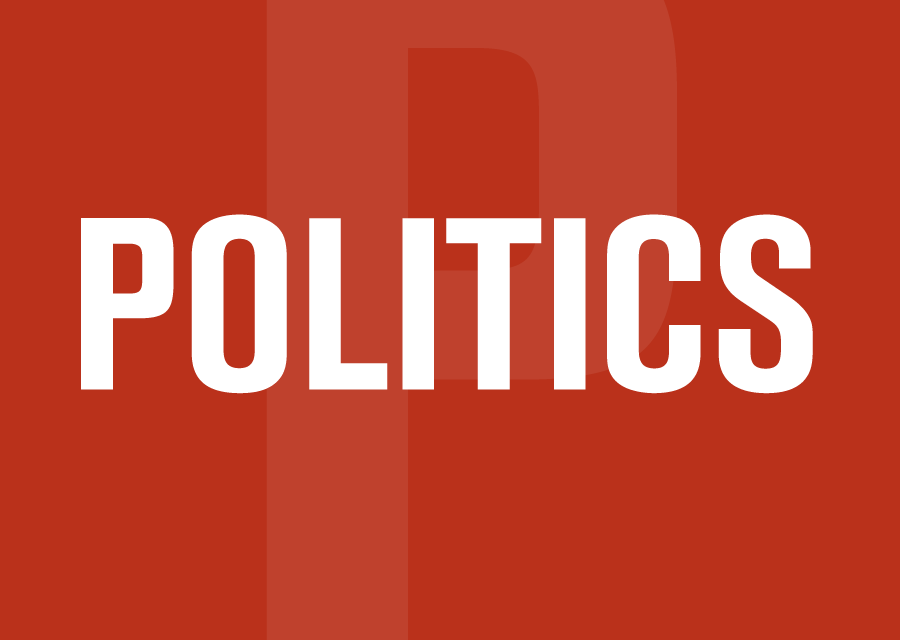Starved for news on Easter Monday, the media did their best to torque-up the scattered protests against the scheduled April 1 increase in the carbon tax. From the evidence on the TV news, the demonstrations were modest and the protestors’ message stale.
And despite the Trudeau government’s resolve not to “spike the hike” some pocketbooks emerged unscathed. Indeed, the price of gasoline at the Esso station up the street from me was lower than a week earlier – the 3.3 cents added by the carbon tax on Monday offset by a 4-cent drop in the wholesale price the previous Friday. (On Friday April 5 the price went up by two cents).
With inflation receding and the Liberals finally getting across their message about rebates, carbon tax hysteria may, one hopes, begin to recede. Perhaps our politics can turn to real emergencies such as climate change, housing and the state of health care. However, there is one aspect of the long-running carbon tax saga that could continue to fuel the protests – the confounding role of the Parliamentary Budget Office.
As I reported last June, the PBO, as it is mandated to do, produced analysis on the fiscal and economic effect of carbon pricing. Its report complicated the Trudeau government’s claim that because of rebates 80 per cent of Canadians covered by the federal carbon tax would get back as much or more in rebates than they paid through higher taxes.
The PBO essentially agreed with that claim, finding that for all provinces and most income groups, reimbursements offset both the direct and indirect impact of the tax. The estimated annual average net benefit to households by the time the tax reaches $170 a tonne in 2030-31 would range from a high of $776 in Alberta to a low of only $33 in Nova Scotia. …
But the PBO added another consideration that has muddied the waters and given carbon tax opponents grounds to attack Liberal claims that most people will be better off. That additional factor is the estimated overall economic impact of the tax, especially on the fossil fuel business. When lower employment and profits from fossil fuel production are taken into account the PBO projects (through some econometric alchemy) that by 2030 the carbon tax may cost the average Nova Scotia household $1,513 a year. In Alberta, where the economic impact would be greatest, households are projected to be down an average of $2,773 from where they would be if there were no carbon tax.
At the time, some took issue with the PBO’s conclusion about the overall economic impact, arguing the analysis should have factored in the benefits of the environmental damage avoided through carbon pricing, or the offsetting economic growth that would accompany the transition to a green economy. However, the economic impact part of the PBO’s assessment didn’t attract much public attention as the Conservatives conducted their anti-tax campaign. By grossly exaggerating the impact of the tax and ignoring the rebates the Conservatives – with help from a news media that generally did the same – didn’t need to rely on the PBO report to argue their case.
That changed recently as the Liberals stepped up their defence of carbon pricing, relying heavily on the claim, corroborated by the PBO, that rebates would ensure 80 per cent of households would break even or be better off.
The Conservatives responded by trotting out the other part of the PBO analysis – where it said instead of $33 better off by 2030 (when the tax hits $170 a tonne) the average household in Nova Scotia would be $1,513 worse off than they would have been with no carbon pricing. Thus, in the House of Commons a few weeks back we saw the spectacle of Trudeau citing the PBO report to support his 80 per cent claim and Poilievre using the same report to argue that, for example, Albertans would be worse off to the tune of $2,773 by 2030.
Asked to sort out the contradictions, PBO head Yves Giroux stuck to his guns about the negative economic impact, which he noted was a consequence of any new tax. But he reiterated to the CBC’s David Cochrane that he could not identify environmental damage costs avoided with Canada’s carbon levy when climate change is a global phenomenon. As for the economic benefits from transition, he said those would likely come after 2030.
So what may be tempting to dismiss as a Big Lie contains a solid grain of truth. Expect the Poilievre party to roll with the negative numbers, citing the Parliamentary Budget Officer as their source. But if they run true to form, they will fail to mention another important point made by Yves Giroux – carbon pricing is “probably the least destructive way to reduce emissions.”
That same argument was central to an open letter circulated last week. Signed by more than 200 economists, it shot down specious arguments against carbon pricing – it’s highly inflationary, doesn’t cut emissions, harms competitiveness etc. etc. And as one of the signers, Laval University’s Stephen Gordon told the Toronto Star: “Any attempt to reduce greenhouse gas emissions is going to reduce economic activity. The thing about the carbon tax is that it has the least bad effect on economic activity.”
Poilievre’s response was predictable. Unwilling to challenge the message, he attacked the messengers. The Conservatives will not be taking advice from “so-called experts” when it comes to carbon pricing, he said. Instead they will listen to “the common sense of the common people.”
By ruling out a price on carbon, “common sense” amounts to a choice between doing something that causes more damage to the economy, or doing nothing to reduce emissions. No doubt the latter alternative will appeal to the axers, who will support the do-nothing option with shop-worn arguments about China’s emissions, or promote the fantasy of exporting Liquified Natural Gas to replace coal somewhere in the world.
In the meantime, supporters of carbon pricing may want to put less emphasis on rebates and spend more time appealing to Canadians better angels, a point made this week in an opinion piece in the Globe and Mail by Claude Lavoie, a former Finance Canada official, another one of those experts disdained by the Poilievre Conservatives.
Although not perfect, carbon pricing seems to be a reasonable approach. But there is no denying it imposes costs on the economy. Why bear these costs? After all, until countries such as India, China and the U.S. do more, global warming will occur whatever Canada does. But which side of history do we want to be on? How could we continue to put pressure on these countries if we abandon our commitment? What trade barriers will our exports face? How will it affect our reputation and ability to join other international agreements? Anybody advocating to “axe the tax” needs to propose a viable alternative or admit wanting to renege on our international commitments. Canadians deserve a clear and frank debate.
Amen to having a “clear and frank debate.” But don’t hold your breath
-30-





